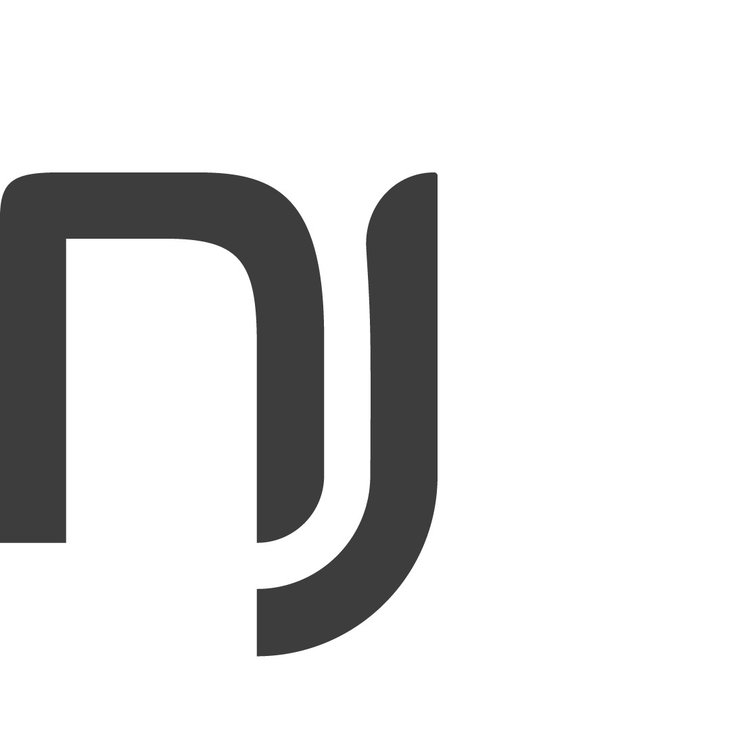In the halls of a charter school in Brownsville, Brooklyn, the students walk in silent, single-file lines, carefully monitored by adults. They walk to the end of the hall, flank at the corner and walk back up the hall to enter their next classroom. In class, teachers read off scripted lesson plans and students snap their heads every few seconds to track the person who is speaking. Anyone who talks out of turn is docked points.
Some people will visit this school and praise it’s effectiveness. Though intended to make education more efficient and scalable, the increased standardization of education does not demonstrate successful learning, but rather, stifles students' problem solving skills and ability to adapt and thrive in a changing world.
Standardized education is the replication of routine teaching and learning methods, but its trend reaches beyond high-stakes testing. Standardization affects teacher training, school discipline policies and lesson planning. For example, some schools adopt identical classroom management behaviors and expectations across all classrooms because they believe that it is helpful for kids to learn in a stable, predictable environment. While this is largely true, it keeps students from learning how to adapt to unique instructional methods of different teachers. Learning how to work with changing environments is crucial for the current generation of students as they will enter an uncertain job market and a similarly uncertain world.
Why has education become standardized?
The primary force fueling standardization is the push for a market model of education, wherein private individuals or corporations operate schools, raise millions of dollars in funds and scale up their models across different neighborhoods. Charter networks such as Success Academy, KIPP and Uncommon School are most notable for using this tactic. The conflict here however, is that the ‘one-size-fits-all’ model is not effective for all students. And the desire to “scale up” quickly and efficiently promotes the creation of dry instructional tactics, such as scripted curricula, because it is easily transferrable from school to school.
There is a lack of trust in educators, students and our school system at large. We do not believe that teachers can teach effectively, we do not believe in students’ ability and intrinsic desire to learn. Yes, ineffective teachers do exist, but there are many other teachers with the potential to bring learning to life. Standardizing education does not encourage richer teacher and learning; rather, it opens the door of education reform to big money and private entities with little to no experience in schools.
That being said, it is clear that there is no simple solution to create schools with flexible instruction that are responsive to community needs. To push back against the standardization of education, an intimate knowledge of teaching and school operations is crucial. On top of that, this expertise must be used to build a strong case for an autonomous education system and take advantage of opportune moments when the window for policy change opens up. Reversing the reform narrative will require diligent and collective action -- we have a long way to go.

